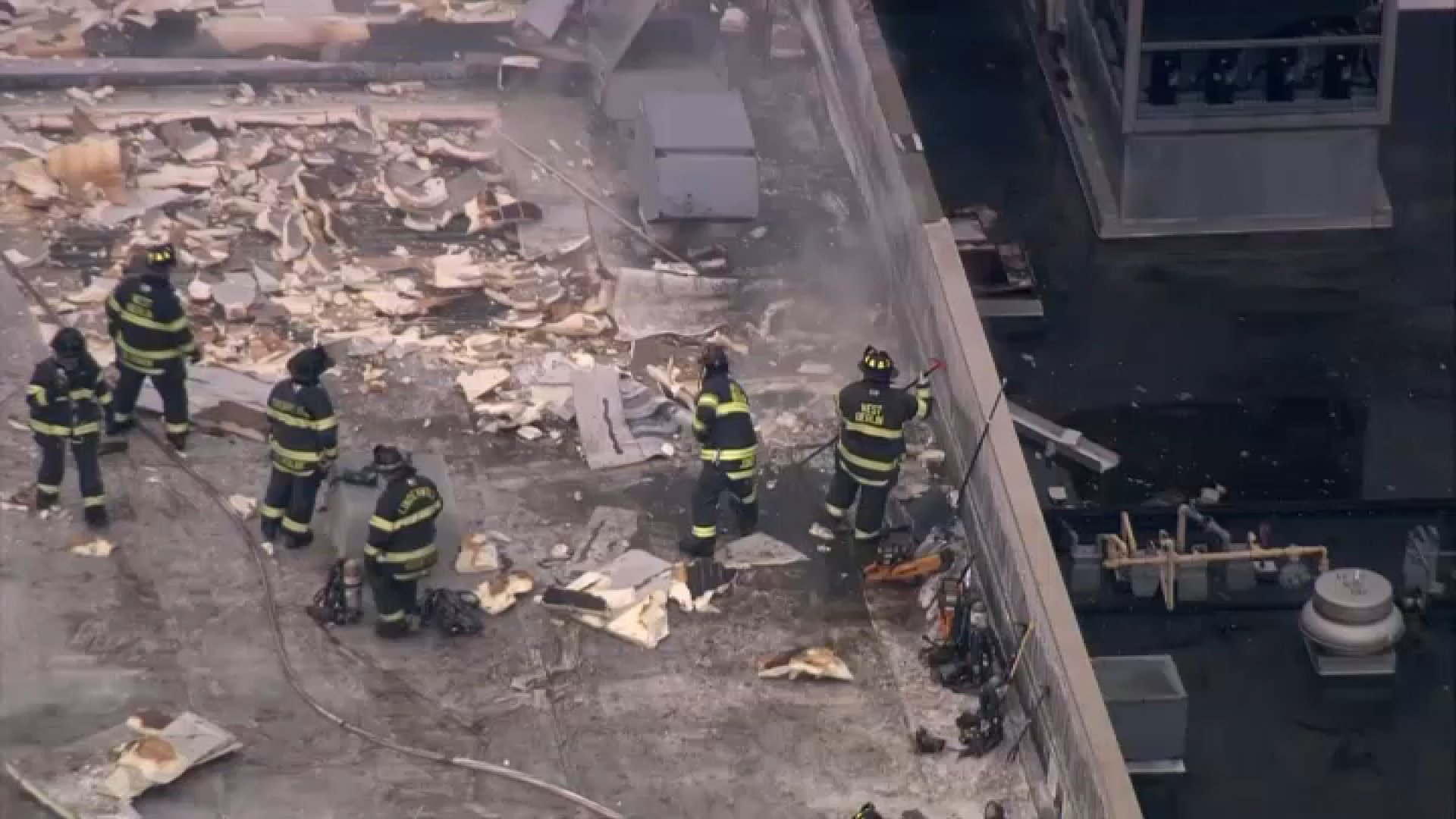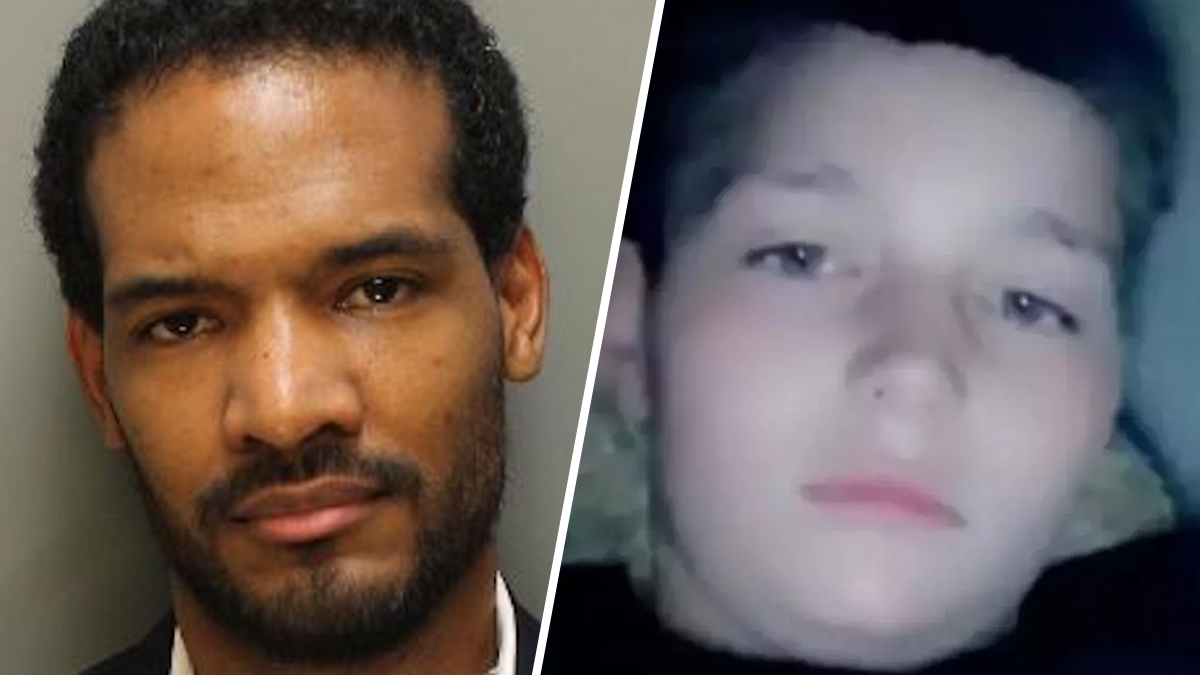More than four decades after her brother vanished from the Philadelphia Naval Hospital, Virginia Cleary learned the young Marine's body was found along the Pennsylvania Turnpike in 1968 and buried in an unmarked grave.
Now she wants to know who fatally stabbed 20-year-old Robert "Bobby" Corriveau, of Lawrence, Mass., who earned a Purple Heart in Vietnam before his disappearance branded him a deserter.
"I never thought for one minute that he took off someplace and started a new life," said Cleary, 59, of Conway, N.H., who was 14 when her oldest sibling vanished. "I knew my brother wouldn't just walk away."
For years, Corriveau's loved ones grappled with the loss. His sister obsessed over it. His mother made peace with it.
And his teenage bride, Sharon Foley — they had eloped weeks before he shipped out in 1966 — pondered the goodbyes exchanged after he came home with bullet wounds a year later. He was troubled, both by the horrors he had experienced in Vietnam and by the peace movement she had joined back home, she said.
"He said, 'What are you doing now, Baby Blue?' I said, 'I'm going to California.' He said, 'I'll see you there,'" said Foley, now 65 and living in Columbia Falls, Mont.
Instead, Corriveau's violent outbursts and heavy drinking back home led his parents to seek psychiatric help for him at the now-defunct military hospital in South Philadelphia in October 1968. A month later, his father called to see if he'd be home for Thanksgiving.
Local
Breaking news and the stories that matter to your neighborhood.
He was told his boy was AWOL.
"They had tons of AWOL people. Tons. A lot of deserters, people going to Canada," said former Marine John E. Kelly, a retired New York City detective helping the family investigate his death. "They probably were just overwhelmed."
Forty miles away in Downingtown, police spotted a body near a turnabout Nov. 18, 1968. The dark-haired, square-jawed man had been stabbed once in the heart. There was no ID, save the scars and tattoos, including a Marine bulldog.
"There were many, many attempts to find his ID through his fingerprints, not only then but repeatedly over the years. But there was never a match," said State Police Cpl. Henry Callithen, one of several cold-case investigators who reopened the case in 2009 with an eye toward new DNA technology.
They exhumed the body from Longwood Cemetery in Kennett Square and followed a trail that eventually led to Cleary, who had called frequently over the years about her missing brother. The DNA match came through last December.
His mother was grateful.
"It was a gift, just positively a gift, because I'm 82 years old now," said Kathleen West, of Orlando, Fla. "I felt that I would go to my grave and never, ever know what happened to my son."
She described her oldest child as a rambunctious teenager before joining the Marine Corps at 17. He was injured three times in Vietnam but still re-enlisted in early 1968 before heading to Philadelphia.
"As a mother, you hope against hope that he is still alive. That he may have rebuilt his life, that he may have a family, that he may be doing well," West said. "After about 10 years, I had to give up ... because there were three other children. But it completely changed our lives."
West may be at peace now that her son lies in a family plot in Lawrence, but her daughter wants police to find his killer.
"I would absolutely want someone caught and punished," said Cleary, who thinks the suspect could still be alive.
Military paperwork suggests Corriveau had weekend leave starting Nov. 15, she said. So was he killed inside the massive hospital? In a barroom brawl? While hitchhiking?
State police have never released the toxicology report that might show if he had been out drinking. His body showed no sign of a struggle, though Foley said the former boxer had a short fuse and wouldn't have gone down without a fight.
State police hope to find former employees or patients who may have known Corriveau at the hospital but have so far had little luck. The Naval Criminal Investigative Service and retired detectives like Kelly are also trying to drum up leads.
"Unfortunately, when you don't have the victim identified, the investigation is stymied. You can only go so far with it. By being able to identify him, then it pretty much allows you to start the investigation again," said Callithen, now stationed in Lancaster. "We remain hopeful."
When the long-awaited call from police finally came last December, Foley and Cleary came to Pennsylvania to see the unmarked grave.
"(She) and I were sitting down crying, that he was in the ground for 44 years. I was so heartbroken to know that that's how he ended up," Foley said.
West fears that any more digging into the past might only further "darken" her son's name.
"It was enough all those 43 years of him being listed as a deserter, all the whispers and innuendo. Now, it's OK. Everyone knows he wasn't a deserter. So let us have peace," she said.



